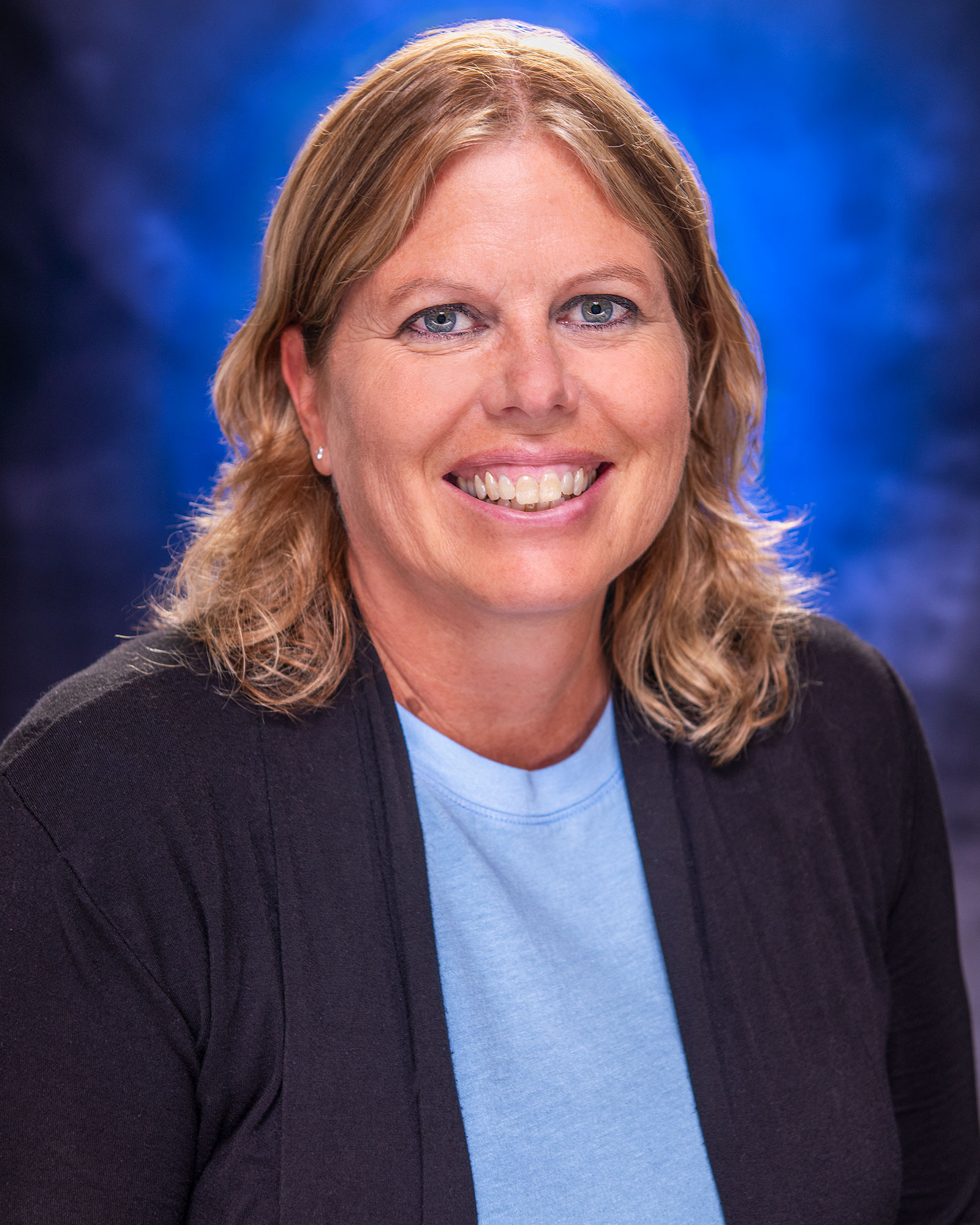
RCTC’s Alcohol and Drug Counseling program is designed for students who want to learn more about chemical dependency issues and/or who desire a career working with chemically dependent people. The curriculum provides students with alcohol and drug counseling-specific coursework in at least 12 core competency areas including screening, intake, orientation, assessment, treatment planning, counseling skills, case management, crisis intervention, client education, referral, record keeping, and consultation. Foundational chemical dependency counseling theory, pharmacology, ethics, multicultural aspects, co-occurring disorders, and other applicable topics are also taught. During the required practicum placements in a licensed chemical dependency facility, students gain practical experience, under the guidance and supervision of a Licensed Alcohol and Drug Counselor or other qualified professional.
Upon completion of the Alcohol and Drug Counseling program students who have an associate degree can apply for a temporary drug counselor license (ADC-T) through the Minnesota Board of Behavioral Health and Therapy. If the licensing board (MNBBHT) approves their application, students can work as an ADC-T for up to five years while they complete a bachelor’s degree. Students who hold a bachelor’s degree of higher and pass the national exam can apply for a drug counseling license (LADC) through the licensing board (MNBBHT).
Program Options
The Alcohol and Drug Counseling Certificate prepares graduates for licensure with the Minnesota Board of Behavioral Health & Therapy (MNBBHT) as a Temporary Alcohol and Drug Counselor (ADC-T) or Licensed Alcohol and Drug counselors (LADC). The Alcohol and Drug Counseling Certificate is designed for students who have an associate degree (or higher), want to learn more about chemical dependency issues, and who desire a career working with chemically dependent people. Students in this program, will gain valuable classroom knowledge in 12 core areas of addiction counseling theory, practice, and skill development. Through the required practicum placements in a licensed chemical dependency facility student’s gain valuable and necessary practical experience under the supervision of a Licensed Alcohol & Drug Counselor or other qualified professional. The Alcohol and Drug Counseling Certificate does not license a student as an alcohol and drug counselor. However, students who complete the Alcohol and Drug Counseling Certificate and have already completed an associate degree can apply for licensure as a temporary drug counselor (ADC-T) through the Minnesota Board of Behavioral Health Therapy (MNBBHT). If the licensing board approves your application as a temporary drug counselor, students can work as a temporary drug counselor for roughly 6 years (or 5 annual renewal periods) while they complete a bachelor’s degree. Students who complete the Alcohol and Drug Counseling Certificate and hold a bachelor’s degree (or higher) and pass the national exam can apply for a drug counseling license (LADC) through the licensing board (MNBBHT).
The Alcohol and Drug Counseling Associate Degree prepares graduates for licensure with the Minnesota Board of Behavioral Health and Therapy (MNBBHT) as a Temporary Alcohol and Drug Counselor (ADC- T). The Alcohol and Drug Counseling Associate Degree is designed for students who have a high school diploma, want to learn more about chemical dependency issues, want to work as an ADC-T, and who want to complete a bachelor’s degree at a university within the next 5 years. While in this program, students gain valuable classroom knowledge in 12 core areas of addiction counseling theory, practice, and skill development. Through the required practicum placements in a licensed chemical dependency facility student’s gain valuable and necessary practical experience under the supervision of a Licensed Alcohol & Drug Counselor or other qualified professional. The Alcohol and Drug Counseling Associate Degree does not license a student as a temporary alcohol and drug counselor. However, students who complete the Alcohol and Drug Counseling Associate Degree can apply for licensure as a temporary drug counselor (ADC-T) through the Minnesota Board of Behavioral Health & Therapy. If the licensing board approves your application as a temporary drug counselor, students can work as a temporary drug counselor for roughly 6 years (or 5 annual renewal periods) while they complete a bachelor’s degree.
 Paula Carlsen, Program Advisor
Paula Carlsen, Program Advisor
SS 130 • paula.carlsen@rctc.edu • 507-535-3791
Current Students 
New Students

 Paula Carlsen, Program Advisor
Paula Carlsen, Program Advisor

